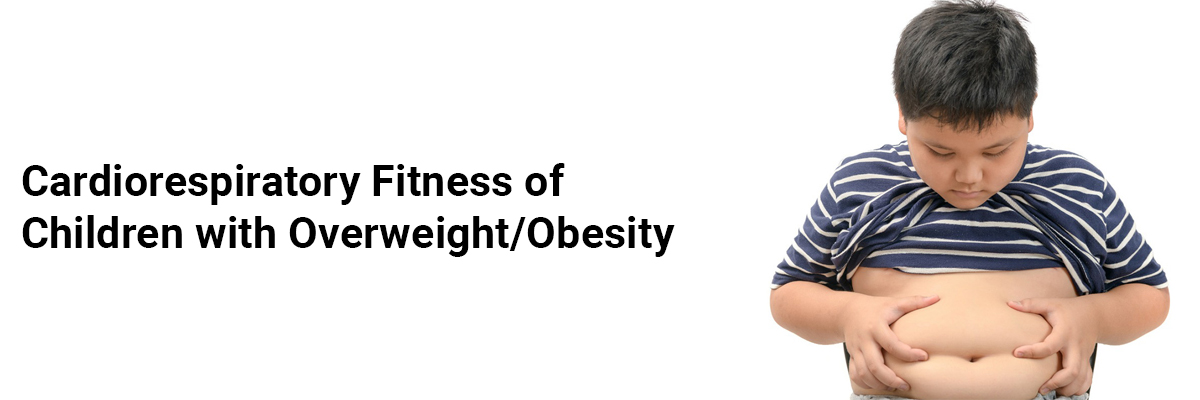
 IJCP Editorial Team
IJCP Editorial Team
Cardiorespiratory Fitness of Children with Overweight/Obesity
The goal of a recent study was to evaluate cardiorespiratory fitness in children and adolescents with overweight/obesity using the Kasch pulse recovery (KPR) test, examining its correlation with the severity of obesity, insulin resistance, and blood pressure.
This retrospective analysis utilized baseline data from a study on the efficacy of yoga for reducing body mass index (BMI) in children aged 8-15 years with overweight/obesity. The KPR three-minute step test was performed, classifying children into cardiorespiratory fitness categories based on post-KPR heart rate (HR). Maximal oxygen consumption (VO2 max) was calculated, and correlation analysis was conducted.
Results from 155 children (mean age: 11.6 ± 1.8 years; mean BMI: 26.2 ± 4.1 kg/m2) showed that 14% had poor cardiorespiratory fitness. For children <13 years, 28% had excellent or very good fitness, 58% had good or sufficient fitness, and 14% had poor or very poor fitness. Poor/very poor fitness was associated with higher BMI, waist circumference (WC), resting HR, systolic blood pressure, and homeostatic model of insulin resistance (HOMA-IR), with WC z score being statistically significant. Post-KPR–HR positively correlated with BMI z score, WC z score, and HOMA-IR.
It was concluded that 14% of children with overweight/obesity exhibited poor cardiorespiratory fitness, with post-KPR–HR and calculated VO2 max correlating well with measures of obesity and HOMA-IR. The study suggests a need for further research to assess cardiorespiratory fitness and establish normative data for VO2 max in Indian children.
Source:Gupta P, Kumar B, Banothu KK, Jain V. Indian Journal of Pediatrics. 2023 Dec.

IJCP Editorial Team
Comprising seasoned professionals and experts from the medical field, the IJCP editorial team is dedicated to delivering timely and accurate content and thriving to provide attention-grabbing information for the readers. What sets them apart are their diverse expertise, spanning academia, research, and clinical practice, and their dedication to upholding the highest standards of quality and integrity. With a wealth of experience and a commitment to excellence, the IJCP editorial team strives to provide valuable perspectives, the latest trends, and in-depth analyses across various medical domains, all in a way that keeps you interested and engaged.





















Please login to comment on this article